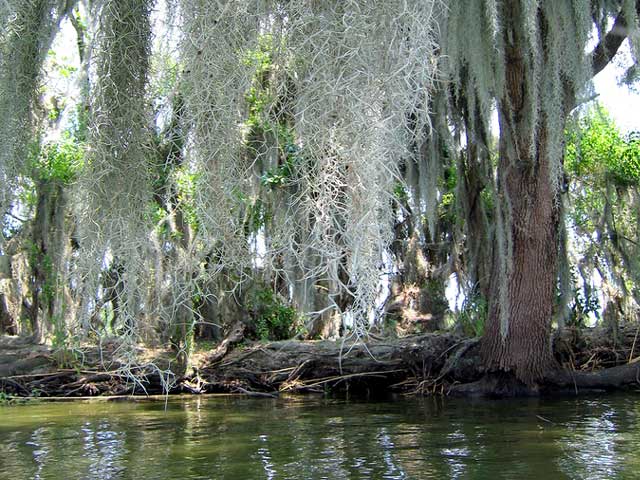Environmental Law

The broad category of “environmental law” may be broken down into a number of more specific regulatory subjects. While there is no single agreed-upon taxonomy, the core environmental law regimes address environmental pollution. A related but distinct set of regulatory regimes, now strongly influenced by environmental legal principles, focus on the management of specific natural resources, such as forests, minerals, or fisheries. Other areas, such as environmental impact assessment, may not fit neatly into either category, but are nonetheless important components of environmental law.
Environmental law has developed in response to emerging awareness of and concern over issues impacting the entire world. While laws have developed piecemeal and for a variety of reasons, some effort has gone into identifying key concepts and guiding principles common to environmental law as a whole.[1] The principles discussed below are not an exhaustive list and are not universally recognized or accepted. Nonetheless, they represent important principles for the understanding of environmental law around the world.



